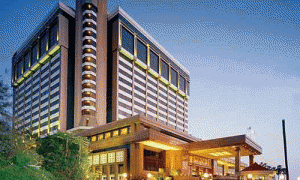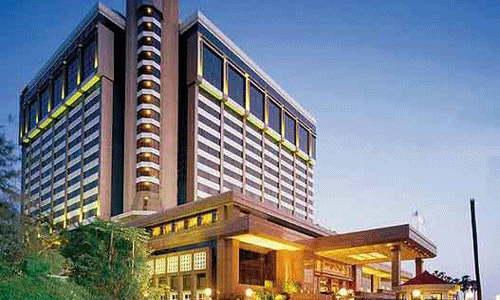 Track2Realty: Real estate sentiment remains fragile, most notably in the occupier markets in Europe, as the global economy continues to face strong and persistent headwinds. The recession in Europe, coupled with only modest growth in the US and a slowdown in China has resulted in global economic prospects being no more certain than in the previous quarter. These are the findings of These are the findings of the latest RICS Global Commercial Property Survey.
Track2Realty: Real estate sentiment remains fragile, most notably in the occupier markets in Europe, as the global economy continues to face strong and persistent headwinds. The recession in Europe, coupled with only modest growth in the US and a slowdown in China has resulted in global economic prospects being no more certain than in the previous quarter. These are the findings of These are the findings of the latest RICS Global Commercial Property Survey.
Significantly, the latest survey results highlight the growing divergence between the struggling Eurozone economies – which recorded some of the weakest readings in the survey – and the real estate markets in parts of Asia and North America where respondents are more optimistic.
On the whole, occupier markets are broadly mixed, with a fairly even split between countries reporting falling and rising demand for space. The most positive trends found are in Russia, the UAE, the US and Canada, as well as Hong Kong and China. Meanwhile, France, Italy, Greece and Spain saw some of the biggest falls in occupier demand, alongside further increases in available space. Significantly, this is weighing down on rental expectations in these countries.
Commenting on the survey with respect to global commercial property, Simon Rubinsohn, RICS Chief Economist, said, “The mixed picture evident in occupier markets is unsurprising, given the headwinds facing the global economy. Sustained weakness in most European economies, the slowdown in China and the approaching fiscal cliff in the US are all dampening growth prospects. But despite this, real estate markets in some regions, notably Asia, remain resilient. The North Americas data is also showing largely positive results. Significantly, renewed commitments from the Fed and ECB to provide more liquidity could be helping to drive investment markets around the world, as investors diversify portfolios to include a broader range of assets.”
In the Indian occupier market, demand stabilized this quarter after having fallen in the second quarter. In fact, India is seen to have improved seven places in the global rankings to 19 this quarter as compared to 26previously. Several Asian countries such as Thailand, Hong Kong and Japan rank above India with occupier demand exceeding supply in these countries. On the other hand, even countries such as China and Malaysia continue to rank above India in spite of oversupply existing in these markets as well.
Rental expectations also stabilized in the country with rentals actually turning positive this quarter. India is seen to have improved 9 places in the overall global rankings for rental expectations this quarter from 19th to 10th position. However, the level of inducements has also been on the rise at a faster pace this quarter.
On the investment side, buyer enquiries have stabilised this quarter with India ranking 22nd as compared to 27th in the previous survey. This pick up appears to be mainly on account of increased demand for office property. Significantly, expectations of future transaction activity have also improved markedly with India ranking 12 in Q3 as compared to 18 in Q2. Additionally, a small rise in capital values is expected in the market given the slightly increased level of future purchasing activity.
Development starts were little changed from the last quarter with India falling one place in global rankings to 19. Also, further distressed property sales are expected in the final three months of the year, as investor appetite appears to remain flat. Demand for distressed assets rose at a faster pace in Q3 as compared to Q2 with India ranking 17 as compared to 12 in Q2.
Vamshi Nakirekanti MRICS, Head – Valuations & Advisory, CB Richard Ellis South Asia said, “Similar to the subdued sentiment in the last 2 quarters in India, the mood remains cautious with most market players adopting a wait and watch approach. Developers are predominantly focusing on the residential segment which is still witnessing activity in some of the key markets such as NCR, Pune and Bangalore. On the other hand, equity funds/ investors are focusing on structured deals as opposed to plain vanilla equity transactions.”
Amit Goel MRICS, Executive Director -Asset Management SI Viridian India Management said, “Commercial Property prices have seemed to have hit a plateau. Traction is down and with going economic conditions is likely to stay this way for quite some time.”
Aman Kapoor MRICS, CEO – Commercial Assets, Emaar MGF said, “Investor driven demand in commercial property has declined over the past quarter and is likely to remain soft. The main demand driver is self user and this segment is fuelling current increase in demand for purchase of commercial properties. The lease absorption remains low and many companies continue to defer expansion plans.”





